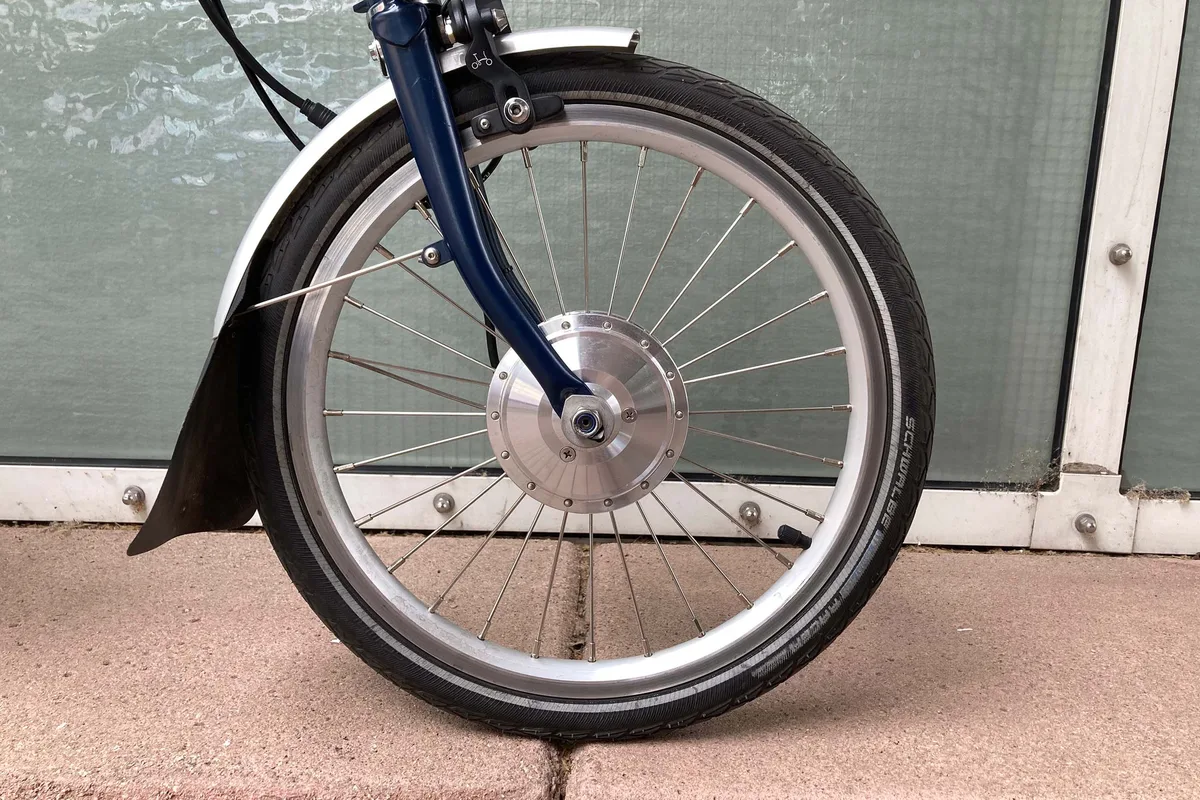How to Prepare Your Car for Long Road Trips
No car breakdown should spoil a road trip! Make sure yours is prepared by following these simple tips to stay safe on long drives.
Prepare for your trip by getting plenty of rest, as this can help replenish energy reserves and avoid driving during times when you might naturally feel fatigued. Also try to avoid driving during times when your eyes may feel heavy – that way your trip won’t become an endurance test!
Check Your Tires
Tires are essential components of vehicle performance, especially on long summer road trips. Make sure they’re regularly inspected for uneven tread wear, bulges or gouges that could indicate separation within their bodies, and that they’re properly inflated according to manufacturer recommendations.
Before embarking on any trip, be sure to inspect and test the condition of your belts and hoses thoroughly. Press them gently so they feel rubbery while looking out for any cracks that could lead to failure during your trip – doing this could save an expensive breakdown at some remote spot!
Check Your Tire Pressure
An under-inflated tire can compromise driving control and lead to an unexpected blowout at highway speeds. Make sure your tread condition meets standards set forth in your owner manual, then check tire pressure accordingly.
Test the brakes by stopping your car, turning off its engine, and leaning an object against the pedal until a firm and responsive feel can be felt. If shaky driving occurs or one side pulls forward more than another then an alignment checkup could be in order.
Keep an eye on all fluid levels in your vehicle – including coolant, power steering fluid, oil and wiper fluid – including coolant, power steering fluid, oil and wiper fluid. Carry an emergency kit containing flares, first-aid kit, fire extinguisher and reflective warning triangle for optimal safety.
Check Your Brakes
Your car brakes are an integral safety component to check before embarking on any long trip. If you experience soft pedal feel or hear any unusual noises coming from the brakes, these may be signs of trouble that should be addressed prior to leaving on a journey.
Before embarking on any road trip, it’s wise to inspect your tires to ensure they are in top shape for driving at highway speeds. Tires with adequate tread depth provide better traction and should be properly inflated to the recommended level; worn down sets should be considered replacing before embarking.
Check to make sure your vehicle’s coolant level is full and in working condition if not, add more to the reservoir as having enough fluids is vital to keeping your car running smoothly and avoiding an overheated engine.
Check Your Battery
Your battery is essential to the functionality of several parts of your vehicle, including its brakes. Visually inspecting it before any road trip can be one of the easiest things you do before setting out – and without needing to hire an expensive mechanic! Make sure all connections on both terminals are tight, with no corrosion.
Engine oil plays an essential part in maintaining your car, yet can easily be missed during preparations for a road trip. Be sure to regularly check its levels along with coolant, power steering fluid and windshield wiper fluid and top them up as necessary.
Check Your Oil
Your vehicle’s fluids are crucial to its proper operation. If they become depleted, replacing them before taking a trip should be a top priority. Luckily, many liquids such as engine oil and brake fluid can be checked and filled at home easily.
Since you will likely use your brakes frequently during a long journey, make sure that there is sufficient brake fluid available. A low level could impede their ability to stop quickly and lead to accidents.
Your car’s cooling system is especially crucial during an extended road trip. Be sure to regularly check the coolant levels in your radiator, and consider flushing it as well – this step could save thousands in engine damage as well as prevent an overheated engine, an emergency that requires immediate attention.












